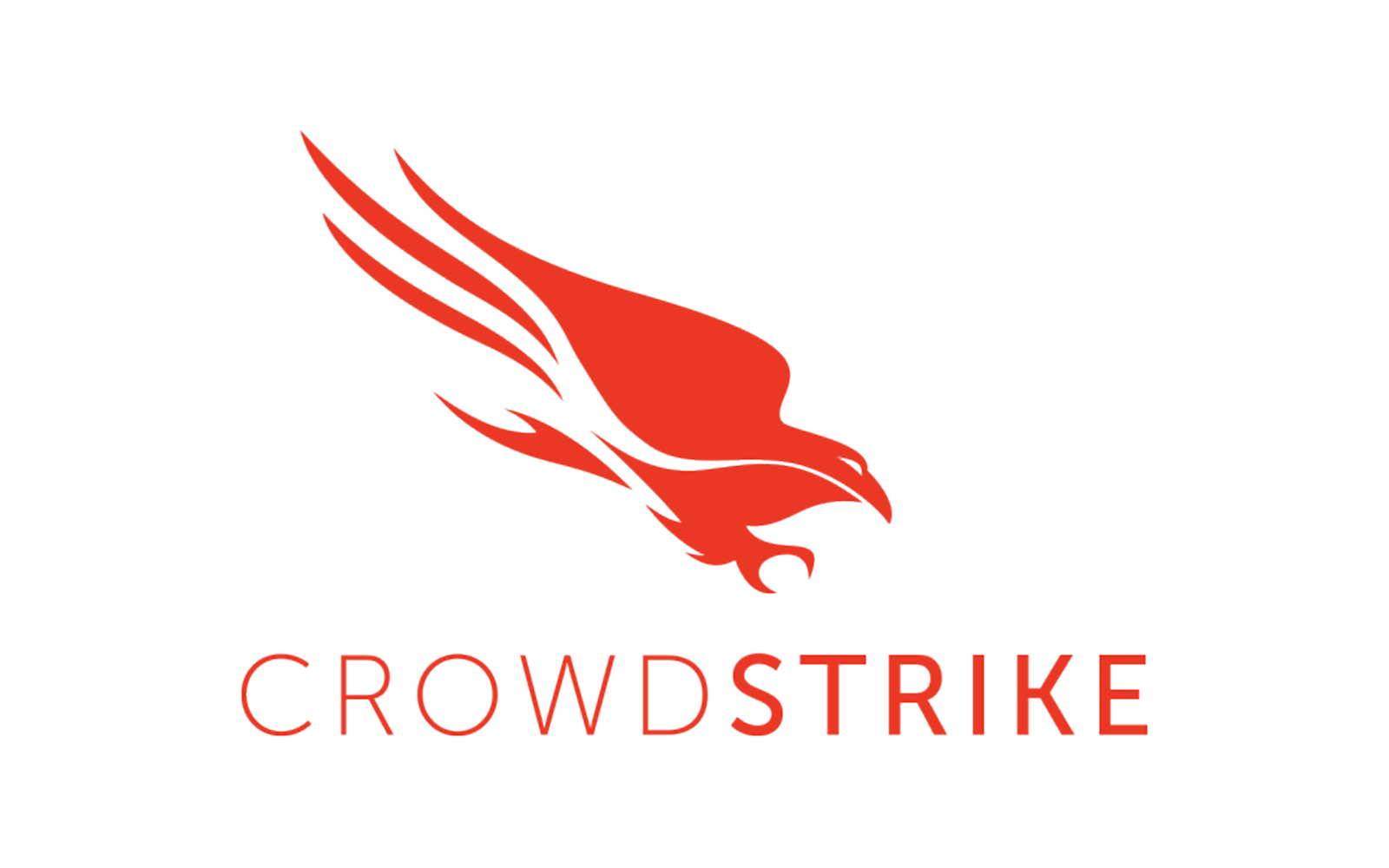What's the best way to integrate your in-house datacenter with a public cloud provider, so as to provide local support to all your company users? How can you take advantage of the efficiency, agility, and security available on the cloud? There are tremendous benefits offered by cloud computing, and they help ensure that your workload mobility can be managed optimally. In order to get maximum benefit and keep your organization at the cutting edge, you need a managed services provider and a clearly defined cloud strategy in 2017.
Gartner research shows that public cloud spending today is 5 percent of total IT spending, but it will grow much faster than internal IT spending through 2020, due to new initiatives as well as migration of existing legacy systems. According to Donna Scott, vice president and analyst at Gartner, “Cloud computing will become the dominant design style for new applications and for refactoring a large number of existing applications over the next 10-plus years. A cloud strategy clearly defines the business outcomes you seek, and how you are going to get there. Having a cloud strategy will enable you to apply its tenets quickly with fewer delays, thus speeding the arrival of your ultimate business outcomes.”
Industry trends indicate that a multi-cloud strategy has now been adopted by approximately 85% of enterprises, and represents a 3% increase over 2016. It is increasingly evident in today’s business landscape that a greater number of organizations are adopting a hybrid strategy to accomplish the workload imposed upon them, which makes the need for solid management that much greater. Tasks that might prove daunting to the average enterprise can be managed with ease, order, and efficiency by a company well experienced in providing managed services for cloud computing.
Advantages of Using Managed Services for Your Company Cloud
Generally speaking, working with a managed services provider (MSP) allows your enterprise to make the most effective use of cloud services. You will have the opportunity to fully embrace cloud computing and accomplish a variety of routine and unique organizational tasks. Here are some specific advantages:
- Talent accessibility– Every company has in-house talent to some degree, but when you partner with a cloud services provider, you instantly gain access to their entire wealth of experts who are familiar with all the latest cloud technologies. Rather than undergo the enormous cost of training your in-house staff to bring them up to that level, it certainly makes sense to take advantage of a team of experts already in place.
- Predictable costs– It is much easier to budget for a recurring monthly managed service than it is to anticipate the unpredictable expenses you might run into on your own. You won't have to worry about major expenditures for new hardware or new software, and you probably won't even need to significantly rework your infrastructure.
- Attention to business– When you place management of IT functions in the hands of an established and trusted managed services provider, it allows your own employees to focus on the core aspects of your business, which only you know best.
- Competitive edge in technology– Having a managed services provider is really taking a giant leap toward moving your company into the future, and making it relatively immune to the constant changes of business. Your MSP will incur all those headaches for you, so you can relax and enjoy the benefits of cutting-edge technology at all times.
Contact us to learn more or leave a comment below to tell us about your cloud computing system and security challenges. We will be happy to discuss suitable solutions and offer managed services delivered by our experienced team.








-1.png)

-1.png)
-1.png)

.png)